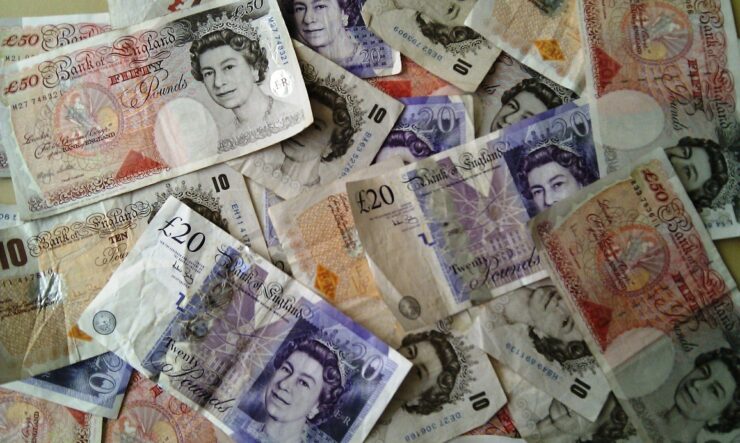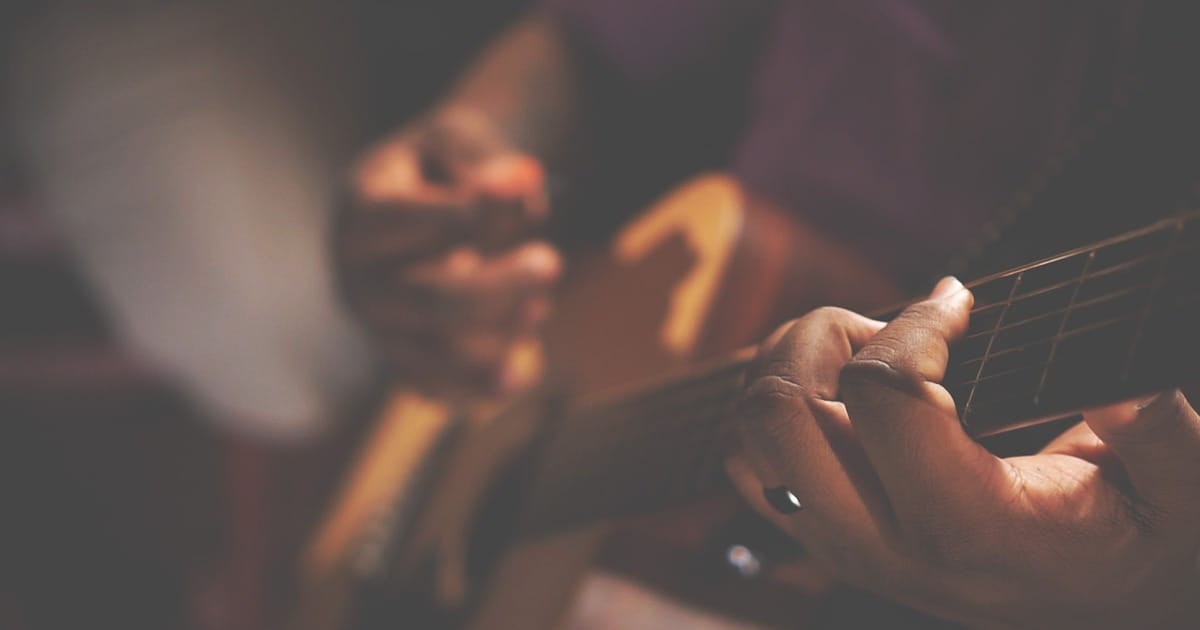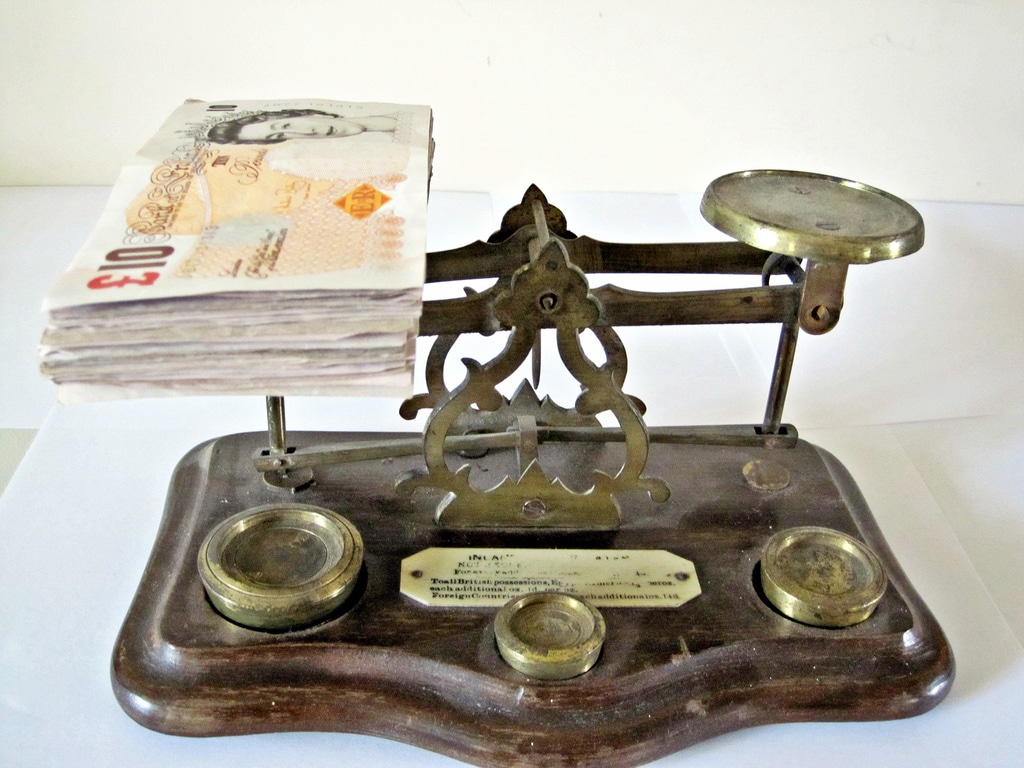Whether it be mysterious stories of festivals in the 1980s handing out suitcases full of cash, the current debate on open mic nights, problems with playing for “exposure” or the notorious inception of so-called “pay to play” gigs – musicians’ pay has always been an interesting subject.
On the 3rd of May 2017, Forbes ran a story about how the music industry was putting itself out of business, and how it has left record labels looking for alternate sources of revenue.

Obviously, a lot of this is applicable to bands and artists playing original music and this is probably the area in which negotiating a fee or ticket split has become the most difficult – factors such as establishing a good following, the ability to sell tickets and effective merchandising/CD sales have left it virtually impossible to establish guidelines for what an original band “should be charging”.
If you are working in this area of music, try not to under or oversell yourselves and be realistic in your arrangements with venues and promoters while trying not to undermine the band’s ability to be compensated for their time and hard work.
When it comes to functions, corporate shows and other private performances, the fact that it is often fixed fee work with specific agreements in place means it is much easier to establish what it is conventional to charge.
In the Last Minute Musicians Facebook group UK Musicians for Gigs we often see posts from musicians asking how much they should charge for private events. In relation to this, we did some research on how much our members charge, and why…
About these prices
The “Industry Average” is based on interaction with our members and using a hypothetical casual engagement (such as a birthday party or other function) for a musician of a low to average level of experience.
Solo Musicians
From a musician’s perspective, performing solo can be advantageous. A flexible and easy set up at a relatively low cost to the client can mean regular work. However, performing alone can be a challenge for several reasons.
The mental drain of spending so much time by yourself at other people’s events should not be underestimated, and there is so much competition that establishing yourself can prove troublesome.
Singers & Vocalists
Industry Average (per musician): £200
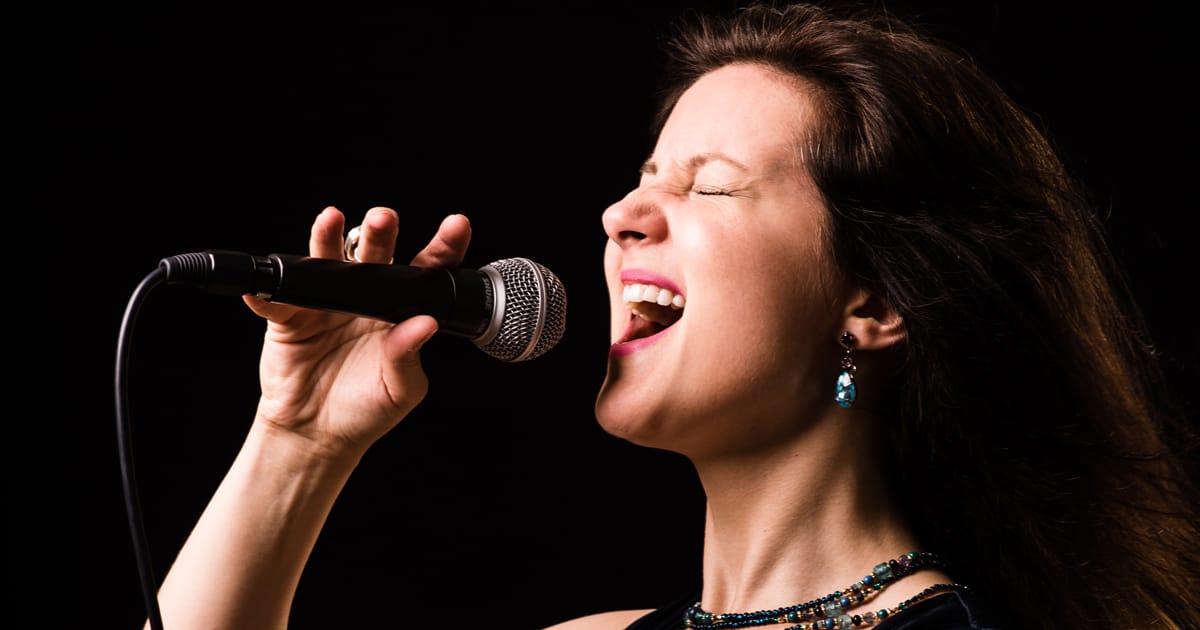
Prices from Last Minute Musicians:
Singer: £50 – £650
One thing that’s going to influence the price of Singers and Vocalists is whether or not a PA system is in place for the show. Public Venues will often have an In-house PA, but private events will probably require performers to bring their own, which should be factored into any quote. Style is not usually a factor in determining prices – jazz singers, classical singers and pop/rock singers all tend to charge roughly the same, depending on experience.
Solo Guitarists
Industry Average (per musician): £200
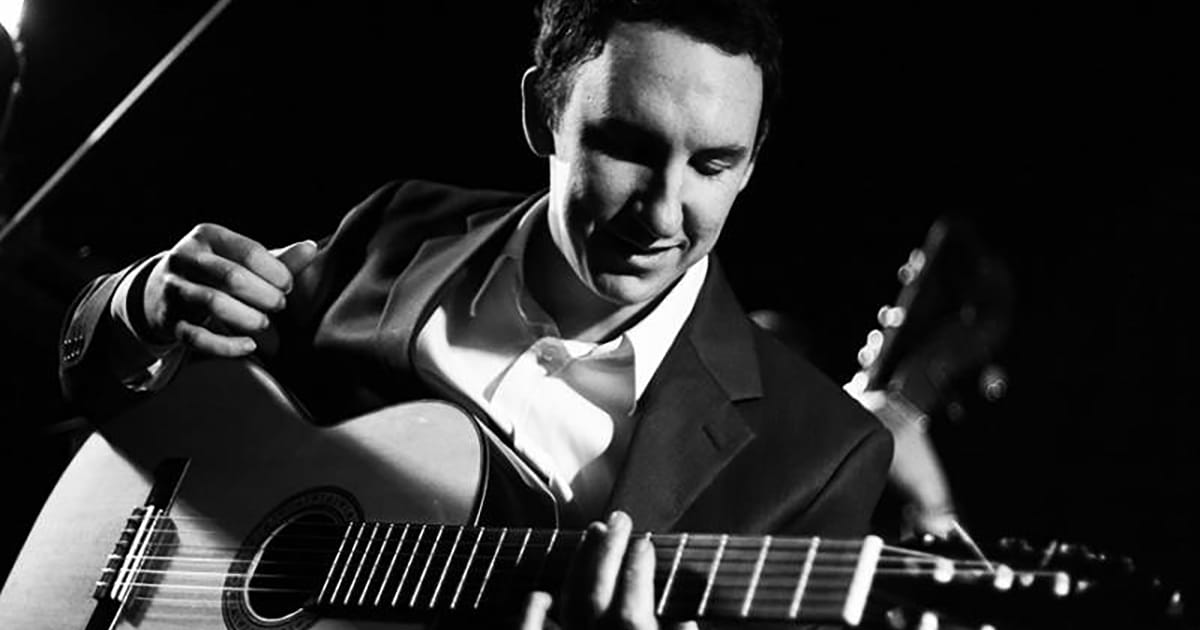
Prices from Last Minute Musicians:
Jazz: £100 – £400
Pop/Rock: £80 – £515
Classical: £50 – £465
Instrumental jazz or classical guitarists won’t often require a full PA system. By utilising just a guitar amp, they should encounter less start up costs, and be able to charge less. However, due to the nature of the genre, many will have spent years formally training at conservatoire music schools or similar and so would well be justified to charge a premium for their services.
Acoustic pop/rock solo acts will often have to provide a full PA system (especially if they sing as well) and so the cost of renting, or owning one should be factored into the fee. That said, intense competition in this genre could lead to problems establishing a regular client base if the price is too high.
Interview: Doc Emmet Brown (Wes Finch)

1. Could you please introduce yourself (and your band, if applicable) and summarise what you do as a performer?
“I play acoustic guitar and sing a range of covers from older country classics, right through 70s 80s and 90s pop rock classics to modern stuff like Arctic Monkeys and MGMT in my own style with a rootsy twist.”
2. How much do you generally charge for a ‘typical’ function, and what factors affect this?
“Depending on where it is, how long for, who it’s for, what it’s for it can be anything from £50 to £300. There’s a lot of factors to consider in every gig situation. I’d say a ‘typical’ a covers gig, as a solo performer (2 x 45mins, 1 hour drive away, bringing own pa, would be £80-£120.”
3. How does your experience as a musician influence what you charge?
“It’s always hard to predict what a gig will be like in a place you’ve not been to before but by using social media, websites and other peoples reports you can try and get an idea – different venues and areas will have different budgets, different expectations. different atmospheres.
Corporate functions and weddings will often bring in higher fees as they have a higher budget and more precise requirements for you as a performer. You may also end up spending all day or night somewhere even though you play for just 2 or 3 hours of it because of the way the event works so there is your overall time to consider too. Some places may have a restricted budget but a very appreciative host and crowd (always a big plus!) and if you make a good impression there is always scope for repeat bookings or referrals. It’s good to be in contact with other working musicians and compare notes on venues and prices. If you think you are of the same quality as an act it’s good to be on the same page in regards to what you charge. I always like to leave discussing precise fees to email conversations where there is a record of it to refer to and where you can clearly justify your fee if you need to.”
Harpists
Industry Average (per musician): £285
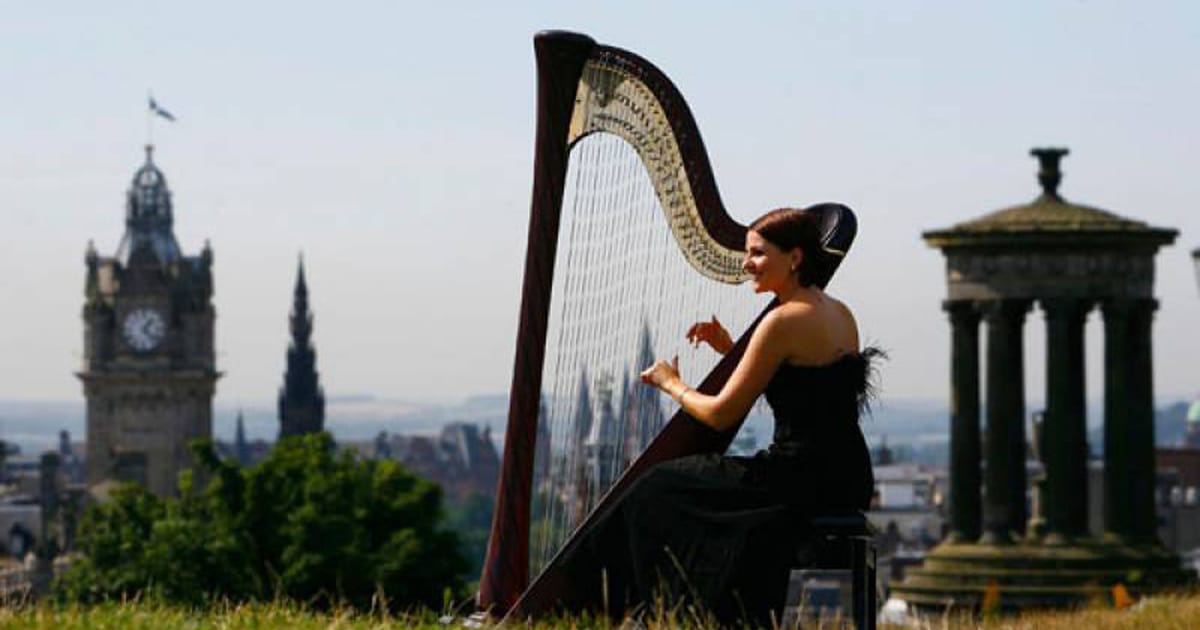
Prices from Last Minute Musicians:
Harpist: £100 – £435
For Harpists, transportation can often be a major influence on price. Due to the size of the instrument, a van may be required, or even a specifically customised vehicle. This cost should be factored into any quote.
Pianists
Industry Average (per musician): £200
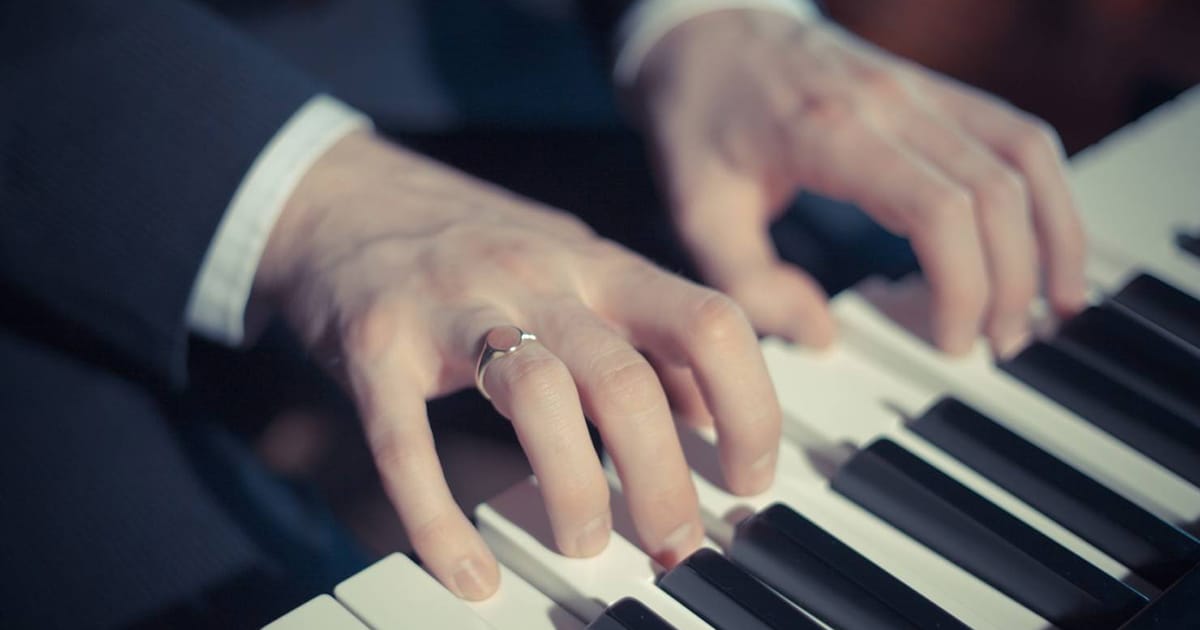
Prices from Last Minute Musicians:
Piano player: £40 – £365
A major factor when a pianist is building a quote for a client is the rather unique situation of whether their instrument is already in place or not! However, even if a grand piano is provided, many working professionals also bring a keyboard just in case there are tuning or playability issues with the in house set up.
Interview: Adam Hughes
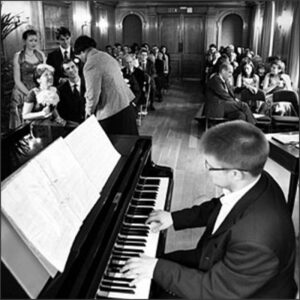
1. Could you please introduce yourself, and summarise what you do as a performer?
“Hi, my name is Adam Hughes, I am a pianist and have performed jazz, classical and pop piano at weddings and events for the past 18 years.”
2. How much do you charge for a typical function and what factors affect this?
“When I first started out I mainly got offered low paid gigs (£50 was good going!) at pubs, restaurants etc. and I gradually moved in to the private events scene where I would expect more like £100-£250 per gig.”
3. How does your experience as a musician influence what you charge?
“Now I have 18 years of experience and am a lot more accomplished at my instrument I feel justified in charging around £300-£400 per gig. I am lucky enough to not rely on my gig income to pay the bills so I can afford to be picky about which gigs I accept. However, if I wanted to perform more often I would reduce my price to around £150-£200 per gig as it is quite possible to get 4 or 5 gigs a week at this sort of price (but harder to achieve with higher pricing!).”
Saxophonists
Industry Average (per musician): £200

Prices from Last Minute Musicians:
Sax player: £75 – £385
Saxophonists will often be dependent on a PA System (If they are supplying their own, the relevant costs should be factored). However, Sax players may be in the unique position of playing a gig alongside a DJ. Dependent on who is employing who, always make sure both sides are satisfied with the fee and the process of gig booking is transparent for all involved.
Drummers & Percussionists
Industry Average (Per Musician): £200
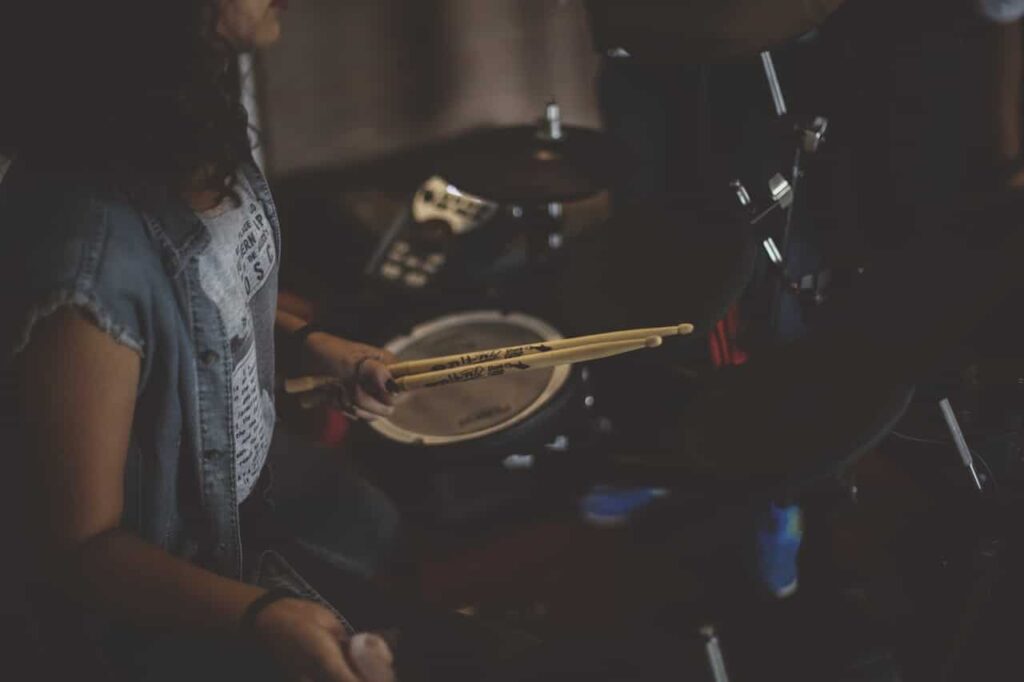
Prices from Last Minute Musicians:
Drummer: £50 – £200
Although Drummers may be able to use a ‘House Kit’ provided by the venue, they will usually have to provide their own – especially when playing functions in venues that aren’t specific to live music, like hotels and events centres. As such, transportation will be a big factor for how much a drummer chooses to charge. Many will choose to own and run an estate car or van.
Bands & Ensembles
Bands & Ensembles are one of the most popular selections of Lastminutemusicians.com. As a musician, there are several beneficial factors to being part of a band rather than playing solo. The potential for shared responsibility makes gig booking much easier, and it could well be argued that it’s much easier to keep a dancefloor packed with the sound of a full band. That said, the added equipment and additional charges can cause some issues to clients on a smaller budget.
Acoustic Bands
Industry Average (based on 3 piece band): £600
Prices from Last Minute Musicians:
Acoustic Bands: £140 – £2350
Due to the flexible nature of their set up, acoustic bands can often reflect that flexibility in their pricing. If you play in an acoustic band, try looking for midweek gigs by reducing the price slightly and approaching pubs and restaurants.
Disco / Funk Bands
Average Fee (Based on 5 piece band): £950
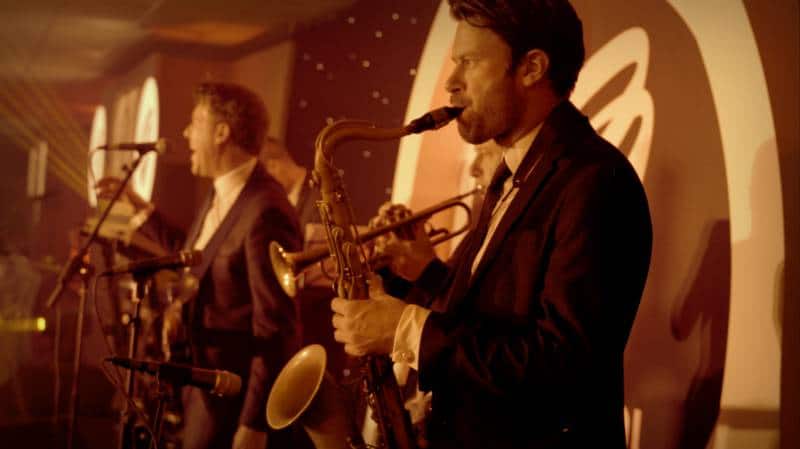
Prices from Last Minute Musicians:
Disco/Funk Bands: £350 – £4000
Disco/Funk Bands tend to be larger than other acts (often including a brass section or percussionists) and so the added costs of extra musicians can mean they charge more. The added transportation of large amounts of gear and/or lights should also be factored in.
Jazz Bands
Industry Average (based on a 4 piece band): £800
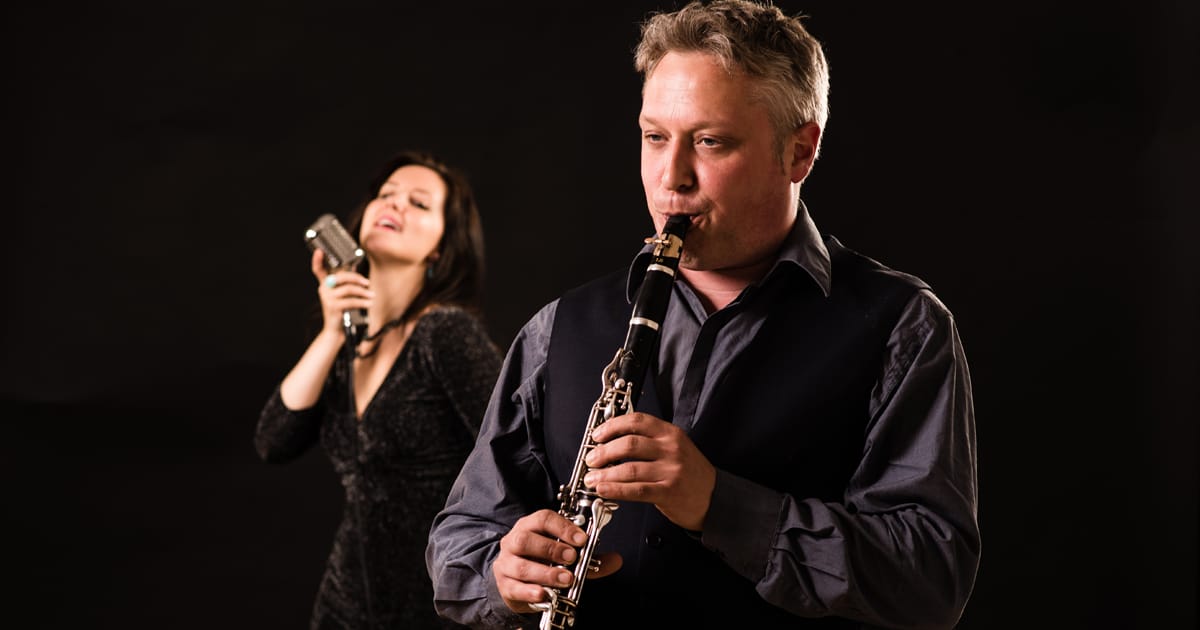
Prices from Last Minute Musicians:
Jazz Bands: £160 – £2950
Due to the nature of the genre, Jazz bands and musicians are often very highly trained. Formal study shouldn’t always be taken into account in deciding how much you charge, but it does have a bearing on relative experience and its effect on musicianship should not be underestimated.
Wedding Bands
Industry Average (based on a 4 piece band): £1000
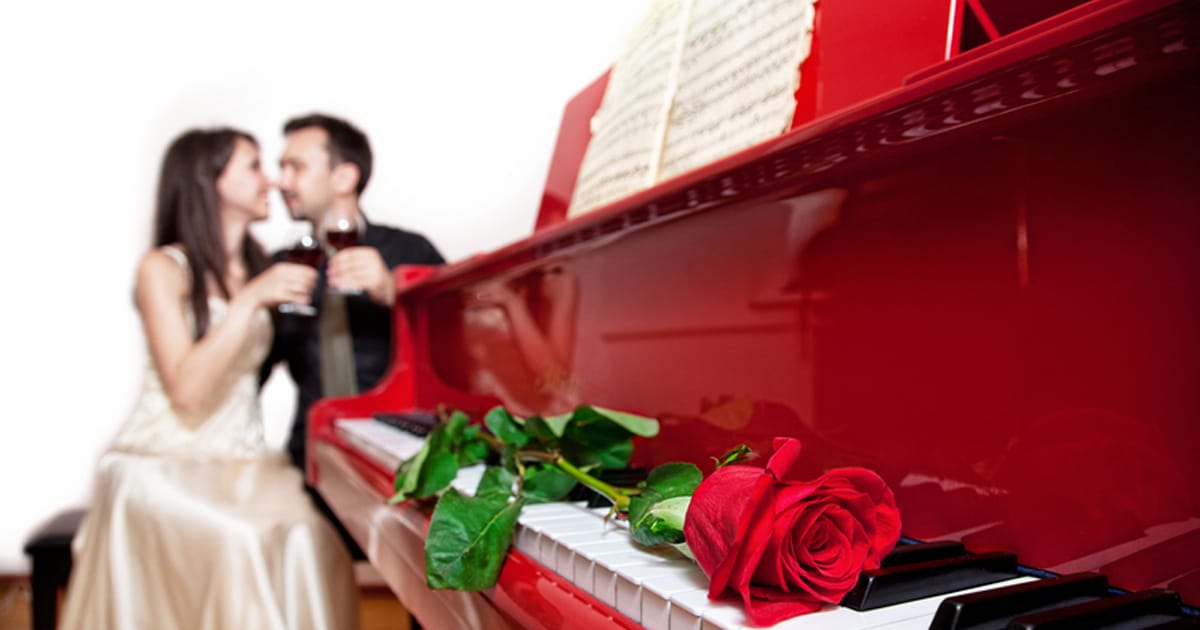
Prices from Last Minute Musicians:
Wedding Bands: £150 – £4500
As mentioned in the section below, weddings will often carry a premium charge from musicians.
Interview: Adam Knight
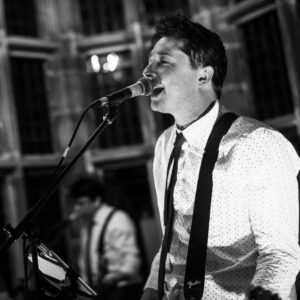
1. Could you please introduce yourself (and your band) and summarise what you do as a performer?
“My name is Adam Knight, I’m the lead singing, bass and keyboard playing chief dancer for The One Hit Wonders – The Bandeoke Band. We are a bandeoke band, which means you can come up and sing with us – think of us as a cross between a karaoke machine and X-Factor, without the annoying presenters. We play around 150 – 200 events every year, from weddings to corporate events, all over Europe. Which is all very good fun.”
2. How much do you charge for a typical function and what factors affect this?
“Hahaha the million dollar question! Slightly precocious answer first is that in all my time playing for functions and other bits no two are exactly the same, so ‘typical’ is a hard answer, people want slightly different things and in slightly different ways. We then find ways and means to make sure their event is the best possible thing it can be. But generally we will go from about £750 through to around £1200 depending.
The main factor for costs I can say with almost 100% certainty is that same for all bands everywhere, travel! Petrol costs and time can make all the difference to a cost, we’re lucky cos we’re based in the Midlands so it doesn’t affect us too much, everything is reasonably close, but it can change a day from being a 3 hour gig, to being a 20 hour day in some cases. Otherwise its bits like needing the band to be there very early for one reason or another (as then everyone is hanging around for hours), or having to stay very very late after the gig. We used to offer lots of ‘add ons’ to our price, but to be honest we’re not the most organised at that sort of thing, so most of it has now been incorporated into our usual offering. But learning new songs, additional DJ sets, late finishes, all that sort of thing, it’s not unreasonable for the musician to ask for a little extra to make sure they’re absolutely up to speed.”
3. How does your experience as a musician influence what you charge?
“I think it’s important to always remember that people don’t work in function bands to become ridiculously rich. I absolutely love my job, I hang out with my friends, meet fun and interesting people, get to see a bit of the world (or mainly the M6 if I’m honest), be a part of lots of peoples most treasured lifetime memories. The fact that it pays the bills and means I don’t have to become a proper grown-up is a fantastic extra bonus!
I wouldn’t say my experience per say affects the cost, but, because we’ve played for some big clients and done so many weddings etc. we’re quite well known, so get many enquiries for the same day, so naturally normal market forces come into play. Experience for a band is really important – we’ve seen pretty much everything, been asked quite a lot, been put into some ridiculous situations – one day I’m planning on writing a book! Having a band at your event who are able to react to that and make the best of the situation is very important, if I was booking a band I’d definitely bring this into consideration – check out the testimonials, previous clients, that sort of thing, there is a lot of worth in all that!”
Blues Bands
Industry Average (based on 3 piece band): £600
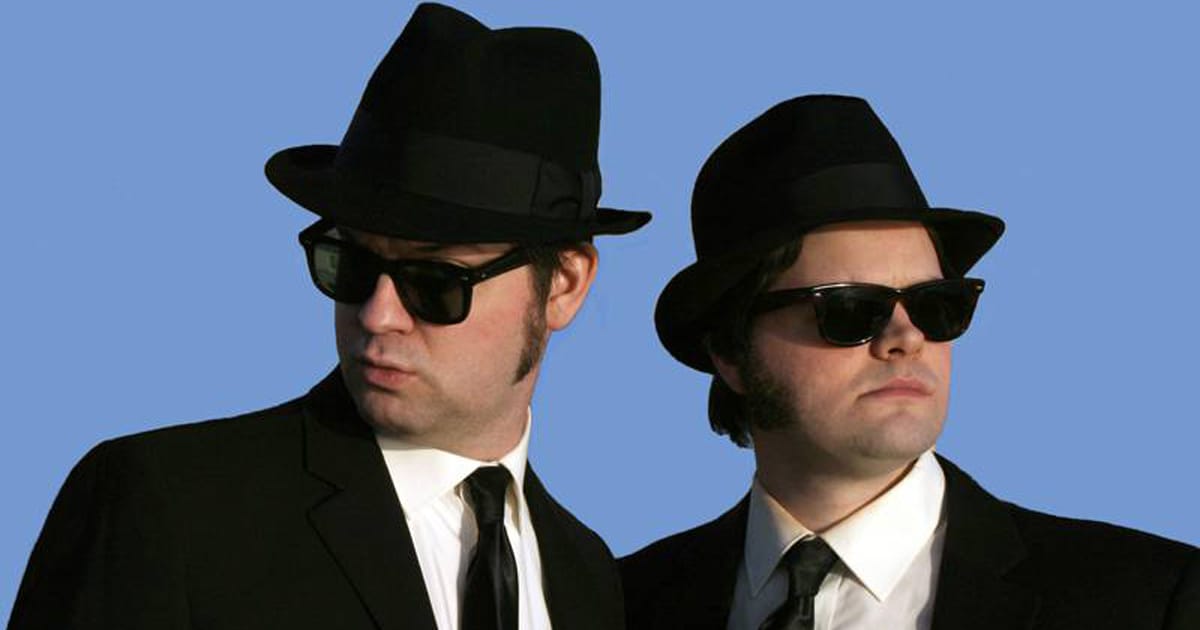
Prices from Last Minute Musicians:
Blues Bands: £150 – £2995
Blues Bands can often make good money over the summer period with events like beer festivals and local independent music festivals.
Country Bands
Industry Average (Based on 4 Piece band): £800
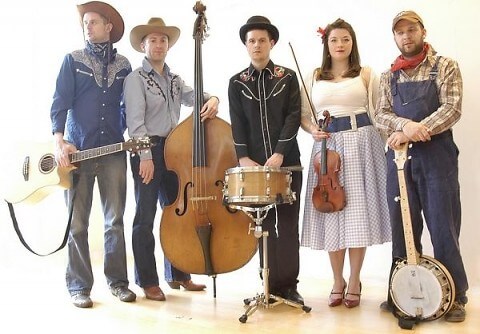
Prices from Last Minute Musicians:
Country Bands: £100 – £1225
Country bands can vary in line up and often have several multi – instrumentalists, which can affect pricing. As country music is more of a niche here than in the states, (and it’s not an easy style of music to replicate faithfully) normal market factors will come into play with regard to supply and demand. That said, though the scene may be smaller, fans tend to be very enthusiastic and are often willing to pay more to see a really good country band.
String Groups
Industry Average (based on 4 piece band): £800
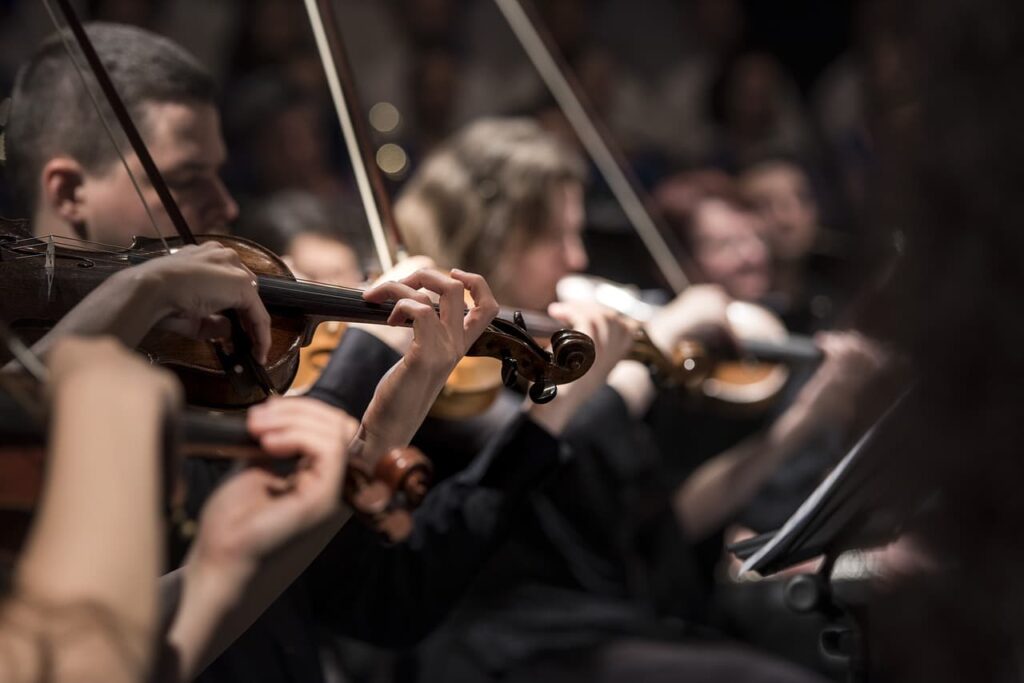
Prices from Last Minute Musicians:
String Quartet: £95 – £3350
String groups can often offer multiple line ups and options, from a single musician accompanying a bride down the aisle, to a full quartet performing during dinner. The fact that you can happily perform at several different key times during an event means that you can probably increase your fee accordingly, depending on the client’s requirements. However, you should also consider the fact that you’re usually performing earlier in the day, and balance this out with your ability to potentially secure other gigs later on!
Universal Factors that should always effect how much you charge
Distance
A reasonable fee should always include money to cover any travel expenses, be they petrol (charging around 45p per mile per vehicle is standard), rail (keep receipts!) or even flights and accommodation.
Type of event
Typically, musicians will always charge a premium for weddings. This is because they usually take place at “peak” times of the year (over the summer, and other busy times), They often involve very long working hours and can be very high pressure (never forget the words to a first dance!) with you usually being the sole entertainment for the evening.
This is offset by the fact that they will usually have a bigger budget in place, and clients generally acknowledge that a professional wedding act or band will not be available ‘on the cheap’.
Corporate events like office Christmas parties or post-conference functions also often carry a premium, as it will usually be a company, rather than an individual that is picking up the cost of the entertainment. Indeed, for some companies, the cost is a secondary concern to the appearance and enjoyment of suppliers and associates.
Pubs, bars and clubs will generally be paying less, as they have profit and general cash flow considerations that private clients might not.
This means the budget for acts will often be dependent on how many customers live music is likely to attract. That said, many pubs and clubs will still pay good money and there is the added potential for regular repeat bookings or even residencies.
Number of musicians & crew
If you are lucky enough to be able to have roadies, drivers or sound engineers then make sure they are paid fairly for their time.
The number of musicians in your group should also be reflected in how much you charge – everybody should be happy with the way money is handled and the system should be transparent.
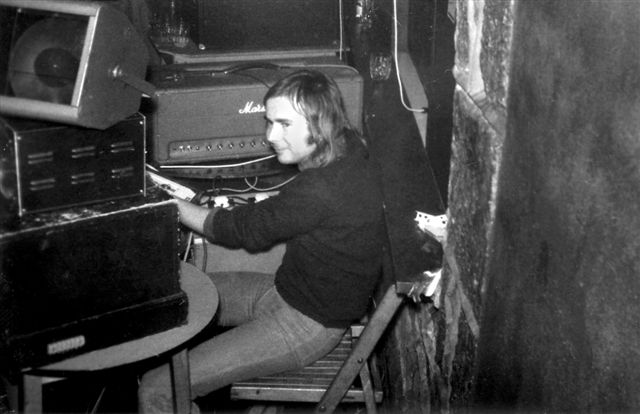
Time of the year
Just like any other profession, if you are working on religious holidays or other significant days of the year like New Year’s Eve, you deserve to be compensated for the fact that you are missing out on your own celebrations. A big price increase for dates such as these is not uncommon.
Experience
Obviously, someone who has been playing shows for the last 20 years and spent most of last year on tour with Madonna is going to be able to charge more than someone fresh out of university, but there is a more practical element to your experience as a band affecting how much you charge.
Every year you are going to become tighter as a band and your stage show will become slicker.
You’ll experience different audiences and venues, learn more songs, set up times will improve and various other aspects will become more efficient. As such, your value as a band (or act) should improve. If you are in a long term band or act, a yearly increase could be justified.
 The Musicians Union carried out a large survey of its members and it found some shocking statistics. Around 56% of musicians earn under £20k a year, and 60% of those surveyed report to having worked for free in the past month (It’s also worth noting it found a tax system woefully unsuited to those in the creative industries). To combat this, the MU does have recommended live performance rates for musicians. However, they are a subject of controversy, as some musicians believe them to be unrealistic.
The Musicians Union carried out a large survey of its members and it found some shocking statistics. Around 56% of musicians earn under £20k a year, and 60% of those surveyed report to having worked for free in the past month (It’s also worth noting it found a tax system woefully unsuited to those in the creative industries). To combat this, the MU does have recommended live performance rates for musicians. However, they are a subject of controversy, as some musicians believe them to be unrealistic.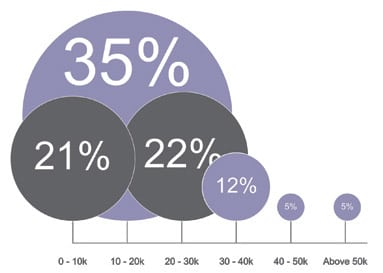
What factors help you decide how much you charge? Is there a standardised “Going rate” for your instrument or genre? Have your say in the comments below…
Share this:

